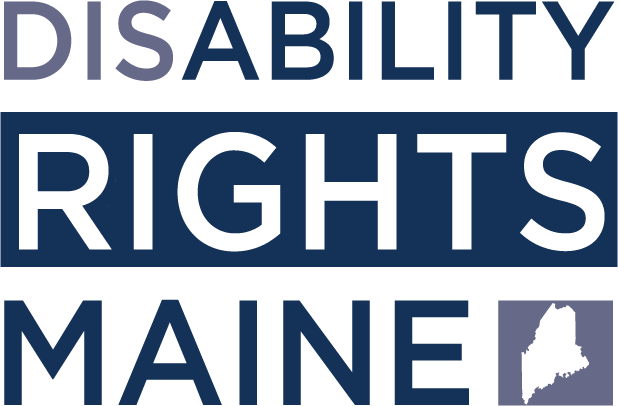Community Inclusion
Resolving Rights Violations
There are many ways to advocate for your rights if you think they have been violated, including:
- Working with your case manager to file a reportable event.
- Asking your team to have a meeting.
- Working with a case manager to file a grievance against the Department or a Provider.
- Filing a grievance against your guardian in Probate Court, if you have a concern about something they did.
- Requesting a Rep.Payee review, if you have a concern about your Rep Payee.
- Contacting DRM.
Resources
- Developmental Services Rights Rack Card (PDF)
- DSA – What to do if Your Rights are Violated? (PDF)
- DRM Webinar – HCBS Settings Rules Basics & Advocacy
- Reasonable Accommodation Request Form (PDF) | (DOC)
- A Basic Guide to Self-Advocacy (PDF) | (DOC)
- Developmental Services Grievance Process: Know Your Rights and How to File
- DRM Webinar – Adult Brain Injury and Developmental Services Grievance Training [ASL]
- Join SUFU – Maine’s Self-Advocacy Group, run by and for adults who identify as self-advocates.
- Join the Maine Developmental Disability Council
- Office of Aging & Disability Services
- Pine Tree Legal Assistance Rental Housing Guide
Recent Successes
This information is provided as background information and is not intended as legal advice. If you are a person with a disability with questions about your rights or if you believe you were discriminated against because of disability, contact Disability Rights Maine at 800.452.1948, by email to advocate@drme.org, or through our online intake form.
How Can We Help?
Contact us anytime. DRM wants to hear from you. Whether you’re looking for advocacy, have a question, or just want to connect, please reach out.
